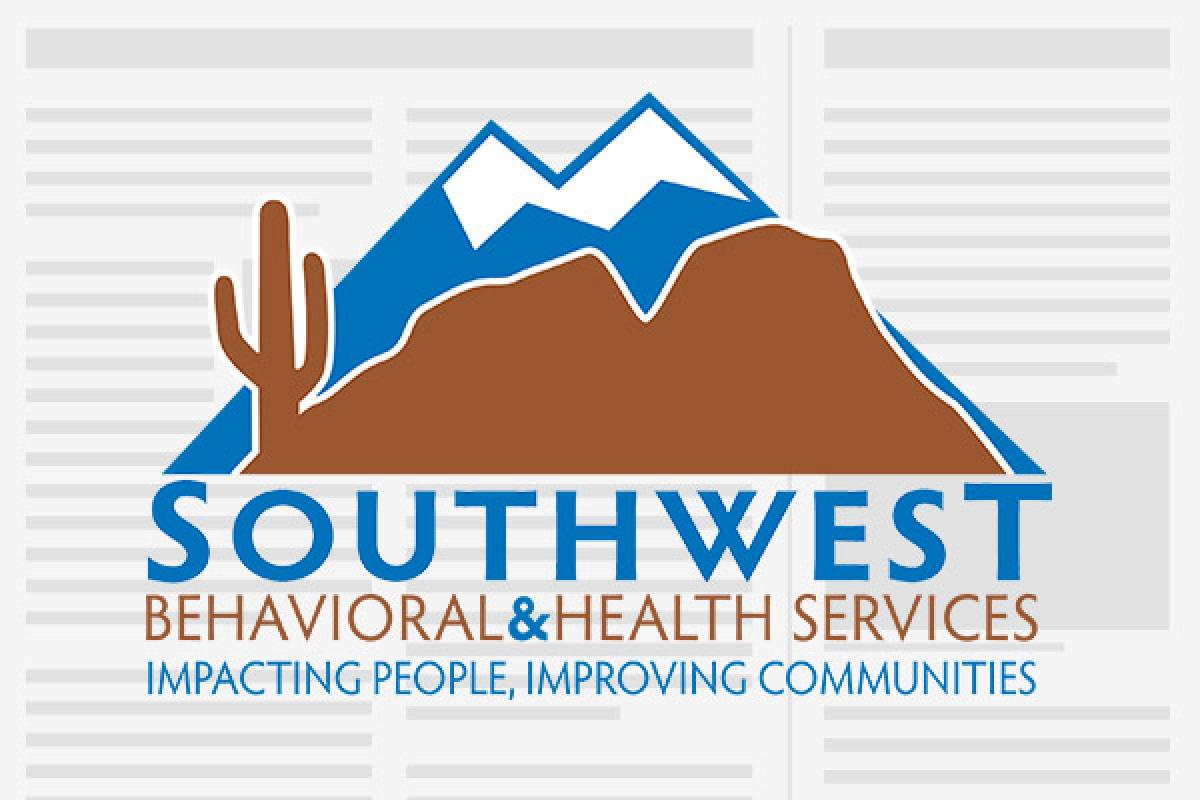
A question parents often ask is, “How can I prevent my kid from using drugs?” Educating teens about the facts of drugs and alcohol is a crucial part of prevention. However, it doesn’t stop there. Parents and educators may find persuasion an effective tactic in their prevention strategy.
Persuasion tactics can be successful if they are meaningful to the child. It’s important to note that what is meaningful to the parent may not resonate as much with their child. Adults understand the importance of not exposing our bodies to harmful substances because we want to maintain good health. However, children don’t always have the same appreciation for health as adults do.
Finding out what kids care about is what will make persuasion an effective method of drug and alcohol use prevention. When some kids reach their teen years, they begin to think about what they want to do in life. If parents discuss how drugs and alcohol could interfere with their goals and desired accomplishments, it will have more of an effective impact.
Parents can communicate prevention in ways that kids understand and appreciate. It’s clear to adults that drugs and alcohol will interfere with a person’s health and overall well-being, but with kids, it helps to relate the importance of staying away from these substances to a youngster’s chances of achieving a personally significant goal.













